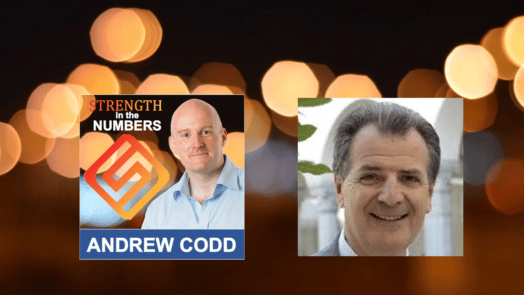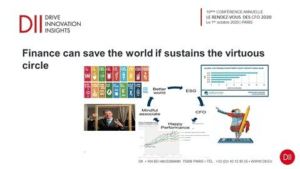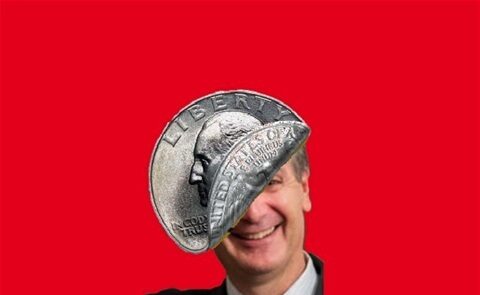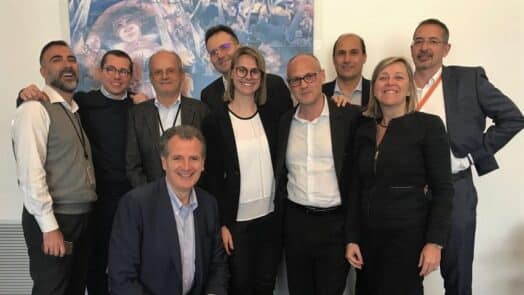Is the Pursuit of Happiness high on the WEF Agenda?

Is the Pursuit of Happiness high on the World Economic Forum Agenda in Davos? I am sitting in a Swiss chalet in Davos, waiting for the most powerful companies leaders to come. I am going through the WEF Agenda, searching for Happiness. It looks like a specific section is not there. Strange, The Economist proposed Happiness and its pursue as a topic for 2018.
One year after the Happy CFO Manifesto that proposes and shares ‘How Finance can Help Society’, and a lot of work in sharing with my LinkedIn community the need to put Happiness of Human Kind at the center of the companies’ agenda, I am checking how much road is still ahead of us to make the corporate strategy change. WEF is a good temperature test. If Happiness is out of the WEF Agenda seems that a lot still remain to do, however three important events recently happened and makes all of us very positive. And happy, of course.
Event number one is a book just published by Bertrand Badré: “Can Finance save the World?” In the book forewords, Emmanuel Macron makes it clear that “Hasty and definitive judgments about finance are frequently heard. For some, finance is the enemy of the people, dispossessing them of their sovereignty. For others, finance is a tangible expression of human greed; it is merely an instrument of domination, making it possible to create value without effort and to accumulate wealth without producing. For still others, finance has become a religion before which our societies should prostrate themselves. These caricatures miss the mark. They do not recognize that finance encompasses diverse realities. They do not make it possible to understand that finance is only a means to serve human ends. We must use finance— not serve it. “ Using Finance, he continues the world can find a way to solve some of the great challenges of the environment, the need and impact of innovation and the need to development of poorer people. Badré proposes a solution in the book: the key is private public cooperation to make investments available to solve those world challenges. He writes: ‘Even if they still have strides to make in their cultural adaptation, development banks have a major role to play to promote a P4C cooperative approach and to help dispel suspicions that the public and private sectors harbor about each other. From my perspective, they must act like true orchestral conductors of global development finance. As I’ve said before, the development of the private sector and the cooperation with these players must become a central point of MDBs’ operational model, with sincere commitment beyond the financing and mobilization of capital’. Already in 1999 When Kofi Annan spoke of a global compact, he called on businesses, both on their own and together, to “embrace, support and enact a set of core values in the areas of human rights, labour standards, and environmental practices” and to “use these universal values as the cement binding together your global corporations, since they are values people all over the world will recognize as their own.” Happiness was not explicitly mentioned in that speech, though is universally acknowledged that the pursuit of Happiness belongs to the unalienable Human rights. Finance has the means to make it happen.
The second event, on January 17, Alberto Gallo’s presentation: “The Pursuit of Happiness – how the American dream turned into greed and inequality”. He describes well how the American dream of financial wealth and independence is broken and the reasons why today’s young generation is destined to be poorer than their parents. He challenges the fact that we have $20tn in central bank balance sheets, but double-digit unemployment in many European countries. He is concerned that stocks are beating decade highs, yet small businesses struggle for financing. He then asks: ‘Are free-market capitalism and our debt-based financial system sustainable?’ The presentation is rich of proposals and ideas for rebalancing the way Economy is run, how technology can be used to avoid excessive impact for low value generating workers and how to avoid that society turns into populism. He proposes Social and pensions reforms, change of current monetary policies by Central Banks and means to Fight inequality, as the Universal Basic income. Another example of how Finance when used for the right purpose can help Society.
The third event is Larry Fink’s letter to 1000 CEO of companies where Black Rock is among shareholders. Fink makes it clear: “The time has come for a new model of shareholder engagement – one that strengthens and deepens communication between shareholders and the companies that they own. I have written before that companies have been too focused on quarterly results; similarly, shareholder engagement has been too focused on annual meetings and proxy votes. If engagement is to be meaningful and productive – if we collectively are going to focus on benefitting shareholders instead of wasting time and money in proxy fights – then engagement needs to be a year-round conversation about improving long-term value.” He continues: “Companies must ask themselves: What role do we play in the community? How are we managing our impact on the environment? Are we working to create a diverse workforce? Are we adapting to technological change? Are we providing the retraining and opportunities that our employees and our business will need to adjust to an increasingly automated world? Are we using behavioral finance and other tools to prepare workers for retirement, so that they invest in a way that that will help them achieve their goals?” I am happy. Three important signals are sustaining the evolution of Finance towards a society adding value function. The time is ticking and as company executives, CFOs have to do their part and include high in the agenda a coherent ESG strategy or even better a Happiness strategy. As very nicely mentioned by Gallo referring John Locke, An Essay Concerning Human Understanding, 1689 : “The necessity of pursuing happiness [is] the foundation of liberty. As therefore the highest perfection of intellectual nature lies in a careful and constant pursuit of true and solid happiness; so the care of ourselves, that we mistake not imaginary for real happiness, is the necessary foundation of our liberty. The stronger ties we have to an unalterable pursuit of happiness in general, which is our greatest good, and which, as such, our desires always follow, the more are we free from any necessary determination of our will to any particular action.”
At WEF Happiness is not on the Agenda, but Badré, Gallo and Fink makes us believe that Finance experts are dreaming to include it.





